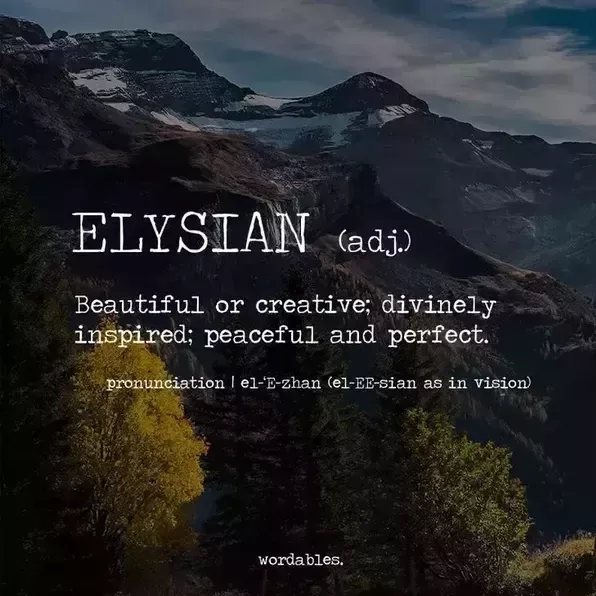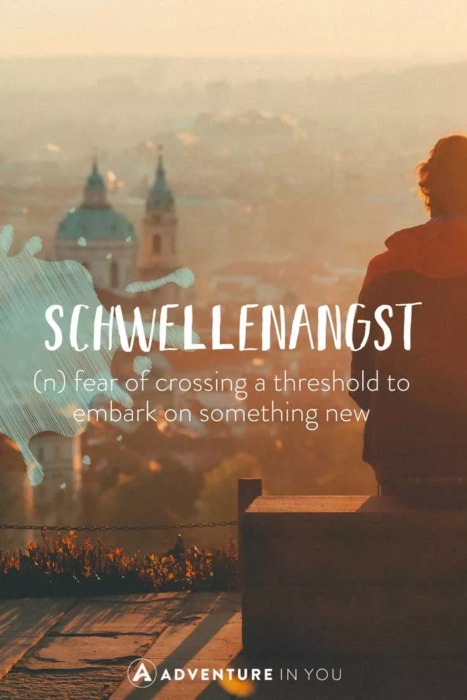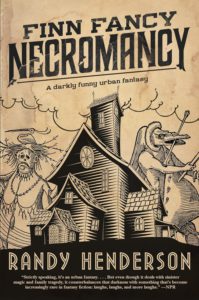Greetings! To celebrate my 100th day of writing in 2021 (OK, it’s technically my 101st but I didn’t have an Internet connection yesterday), I’m going to treat you guys to a controversial rant that I’ve been wanting to write about for a while. Word Counts…You ready? It’s gonna be a rollercoaster!
In today’s writing world, it seems that word count is king. With the popularity of NANOWRIMO and spinoff events, it seems that you’re not considered a successful writer** unless you achieve some arbitrary wordcount number.
**Note: I am going to talk briefly about my distinction between a writer and an author.
- A writer is someone who writes, for fun or work, but does so on a regular basis because they love it. They may be published, or want to be published, or NOT want to be published, but in any case writing brings them joy.
- An author, on the other hand, is someone who is published, self- or trad-, but either way, they have a book in print, an ebook, audiobook or any other media for purchase.
- These terms are not mutually exclusive—all authors are writers but not all writers are authors (unless the author hates to write and then…I don’t know what they are LOL).
I’m going to use the term “writer” here because this post deals with the act of writing content, not publishing.
Okay, onto word count.

The TLDR Version
I am opposed to the word count approach to writing as a measure of success because it deemphasizes many aspects of the writing process that are vital to creating a good story. The drawbacks to this method are:
- It overly emphasizes the importance of the first draft
- It doesn’t build daily writing habits due to burn out
- It doesn’t teach writers any other skill besides writing quickly
- It encourages the writer to put info-dumpy exposition in their novel to meet the WC
However, even with all my bitching, I recognize word counts can be useful on some level.
- Writing questions/tidbits of info about your plot that may sound inane but if you’re counting the words, it’s less tedious, right?
- Getting all your backstory/worldbuilding down but keeping info-dumps out of your actual manuscript
- A fun progress-tracker because we love numbers and tangible successes
Brief Overview of NANOWRIMO
In talking about the word count approach, we should first look at NANOWRIMO which came around in 2001ish. It’s the first event I’d heard of that focused exclusively on word counts. The event, where you write 50k words in the month of November (which would be considered a novella) had the goal of helping writers get the stories out of their heads and onto paper. Because they believed the first draft was the hardest.
As many writers know, sometimes getting your words down is a very difficult thing. Some of us are perfectionists and can’t advance fast because we continually edit our existing content. Some of us suffer from crippling writers block or imposter syndrome and don’t feel like we’re good enough to write (even though we have the story in our head). And some feel like writing a novel is too daunting of a task.
But whatever the reason, sometimes writers just can’t write. Thusly, NANOWRIMO was started as a way to help writers get over that hurdle. The rationale was, “write. Write anything, for if you do it daily, it becomes a habit. Once it’s a habit, your words will eventually all get out of your head and onto paper.”
This especially helped people who’ve never written a novel because it showed them they could do it. They got their first draft down. Yay.
First Drafts aren’t Everything
While I will agree that first drafts are difficult, I think NANOWRIMO incorrectly emphasized the first draft. Many people “win” NANOWRIMO and then don’t go on to do anything else. I, myself, used to be an avid participant in NANOWRIMO. I did my first NANO in 2002, and then periodically throughout the last 2 decades. Every year I entered, I “won” and in that time have recorded over half a million words. However, I still never have:
- Written a novel (technically a novella) start-finish in NANOWRIMO
- Published a novel I started or finished during NANOWRIMO
And only recently have I:
- Finished a novel I started during NANOWRIMO (outside of the month)
- Finished a novel I started during NANOWRIMO within a year of starting it.
- Formed a habit of writing every day, but only b/c of unemployment, not NANO
Now, these are probably not everyone’s NANO goals, but they were mine. The problem for me was that NANOWRIMO was not focused on publishing, or even finishing, a novel. It was focused on word count. And once you achieve the word count, you’re done, right?
No.

Habits are More Important than Word Counts
Additionally, NANO and the “word count approach in general” does not really build the habit of writing every day. You can skip a week of writing and make up that word count over 2-3 days of intense writing sessions. Then you’re exhausted and you repeat the “not-writing-to-lotsa-writing” cycle.
Also, if you have a full-time job and other hobbies, (which I have had most years I did NANO), the 1667 words/day is actually a lot. Many times, I’d find myself writing in the car as my partner drove us to something or staying up late just to get them in. This caused me to go at it super hard and burn out.
One NANOWRIMO I got my WC in at 11:59 on Nov 30th, and then didn’t look @ my novel for the entire month of December. Or January. Or February. I tried to write in March. But didn’t finish it until the next NANOWRIMO. This has happened to me more than once. Thus the “writing every day” habit was not sustainable because the lesson was that I needed X# of words every day which was still too much.
Additionally, the “word count” focused approach to writing fails to take into account other important components to story building like: worldbuilding, outlining, brainstorming, research, editing, & character development etc. These aspects are all equally valid and necessary for writing a good story and can actually play into the “writing every day” habit better than just sheer word counts.
Also, if you sit down to write and don’t have a plan, well, your novel will be as rambly as my blog posts!
Writers Need to Know More than Just How to Write Quickly
The word count approach only really helps writers develops 1 skill—the skill of vomiting ideas via words onto a page in rapid succession. It doesn’t necessarily teach a writer to think critically about their writing. How can a writer develop better grammar or language structure skills if the emphasis is on the first draft and that “doesn’t have to be perfect”? I, for one, learned incorrectly in high school that you had to capitalize the pronoun after a dialog that ends in a punctuation. (ex). “What?” he said). Turns out, you don’t capitalize, so I’ve been doing it wrong for years.
Also, this approach doesn’t really give you time to outline or map out your story, or develop the key aspects like the MC’s goal, the main antagonist’s motivation, side plots etc. Now, if you are diligent, you may spend October outlining the story you’ll write in November’s NANOWRIMO, but most NANOs I know never do that. In fact, I know people who claim they don’t outline because then they won’t write the story! My personal opinion is that this is a horse-shit excuse for a person’s own laziness. Writing, like other arts or trades, isn’t not always easy nor are you perfect at it just because you can spell and have ideas!
DISCLAIMER: In certain circumstances, word vomit actually could help you. Let’s say you’re just trying to get ideas down and you use the “what if” method of building your story (where you write a bunch of “what if” questions until you have enough components of a plot). For example:
What if we lived in a world populated by cyborgs? What if some people didn’t like the cyborgs? What if the cyborgs didn’t like the others? What if the other people wanted to be different than the cyborgs? What if they figured out a way to be physically superior without the use of cybernetic parts? What if this new technology involved their DNA? What if this research was lost shortly after it was discovered? What if the DNA changes were hereditary? …etc. (this is the beginning of the premise for my novel series The Savant Uprising btw).
Do you think NANOWRIMO count these exercises as words? I feel like the “NANO Powers That Be” would say no because it doesn’t count toward your first draft. However, if it were me, I’d say yes even though this stuff obviously would not make it as-is into my novel. It’s still writing and still words. And most importantly, it gives you a great basis for your first draft.
Too Much Exposition: Like Drinking from A Firehose
Another problem I have with the word count approach is that it gives authors an excuse to write pages and pages and pages of worldbuilding/exposition/infodumps. Yeah, you can thin that down during editing, but will you? It’s no secret that we writers get attached to our work which leads to difficulties cutting out content.
OTOH, if you needed to write pages of worldbuilding to use as author reference later when you’re writing the story, then exposition away! Again, NANOWRIMO probably wouldn’t count this in their WC because it shouldn’t go into your first draft, but I would.
If you are creating a complex world or magic system to set your story in, creating one of these info-dumps “off page” will actually lead to speedy writing later on. You won’t have to spend hours trying to figure out what a “conjure water spell” would look like when your MC needs it!

Tracking Successes: Word Counts and Habits
Who doesn’t love proof of their success? Tracking words or days written both have their merits, and you can do both at the same time.
Generally, I try to write between 1,000 and 2,000 words per day or 1 scene (sometimes 2 short ones). This helps me feel like I’m advancing my story without burning out my brain. If I get between 2-3k words in a day, or a couple scenes/maybe a whole chapter, it is a really good day. If I get over 3k…then I’m a Rockstar and deserve some mozzarella sticks and a glass of wine to celebrate!
This is where the “word count” high comes from. These tangible numbers make you feel like you’re making progress. Each daily word count puts you that close to completion of your novel, right?
Well, other days, I struggle with inspiration/direction and spend 5 hours rewriting the same 500 words—or worse deleting everything I wrote. Or some days I’m so busy doing other stuff that all I have energy for at the end of the day is some light edits or outlining.
If you just focus on word counts, these days will feel disheartening. It may cause you to think that you’re a terrible writer, an utter failure, and “why do I even write?!” These days the word count emphasis to writing is hurting you.
But hey—you still did stuff! You found a bottleneck and started puzzling through it. Maybe you rabbitholed over Chinese mythology. Maybe you found a really cool quote or factoid you can save for later. Maybe you made notes about your next “act”. Either way, you still worked on your story.
On these days, habit tracking can give you the satisfaction of recording success where the word count method will fail. The biggest thing to note here is not to discount days where your WC is low but you still “novelled”.
In Summary
It’s important to understand that writing a good novel is not dependent on word count alone. This isn’t the Guinness Book Of World Records where the highest number wins. Sure, you wrote a million words—but how many of that million are worth reading?
“Brevity is the soul of wit,” said someone, somewhere. So instead of distressing over your lack of word count, celebrate the fact that you’re still making progress. You’re thinking about your novel as more than just the number of words on a page.
Also, here’s a screenshot from my GYWO habit tracker for the month of April to show you that I don’t always “win” at word count, but IMO, I win at being consistent!



